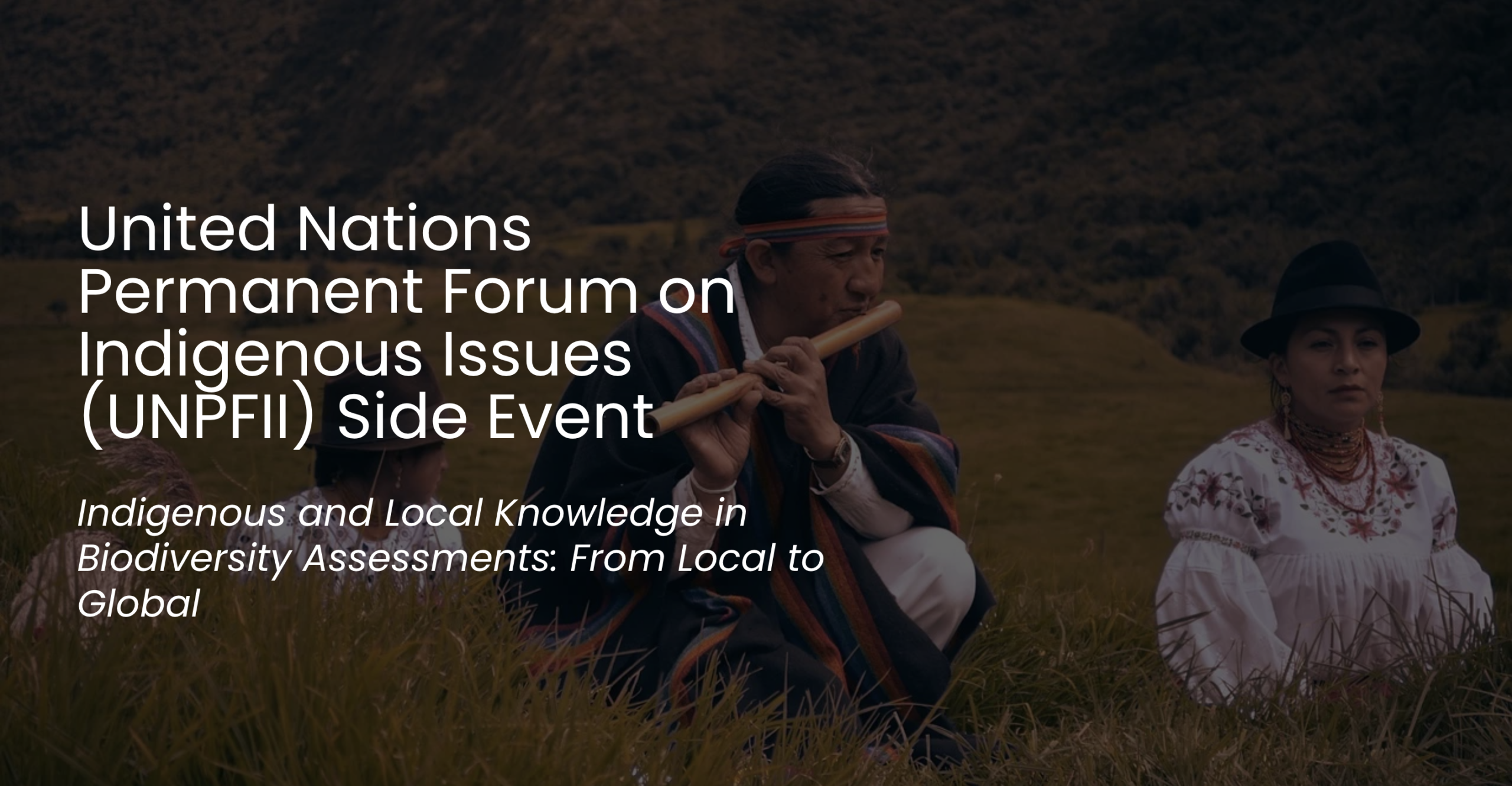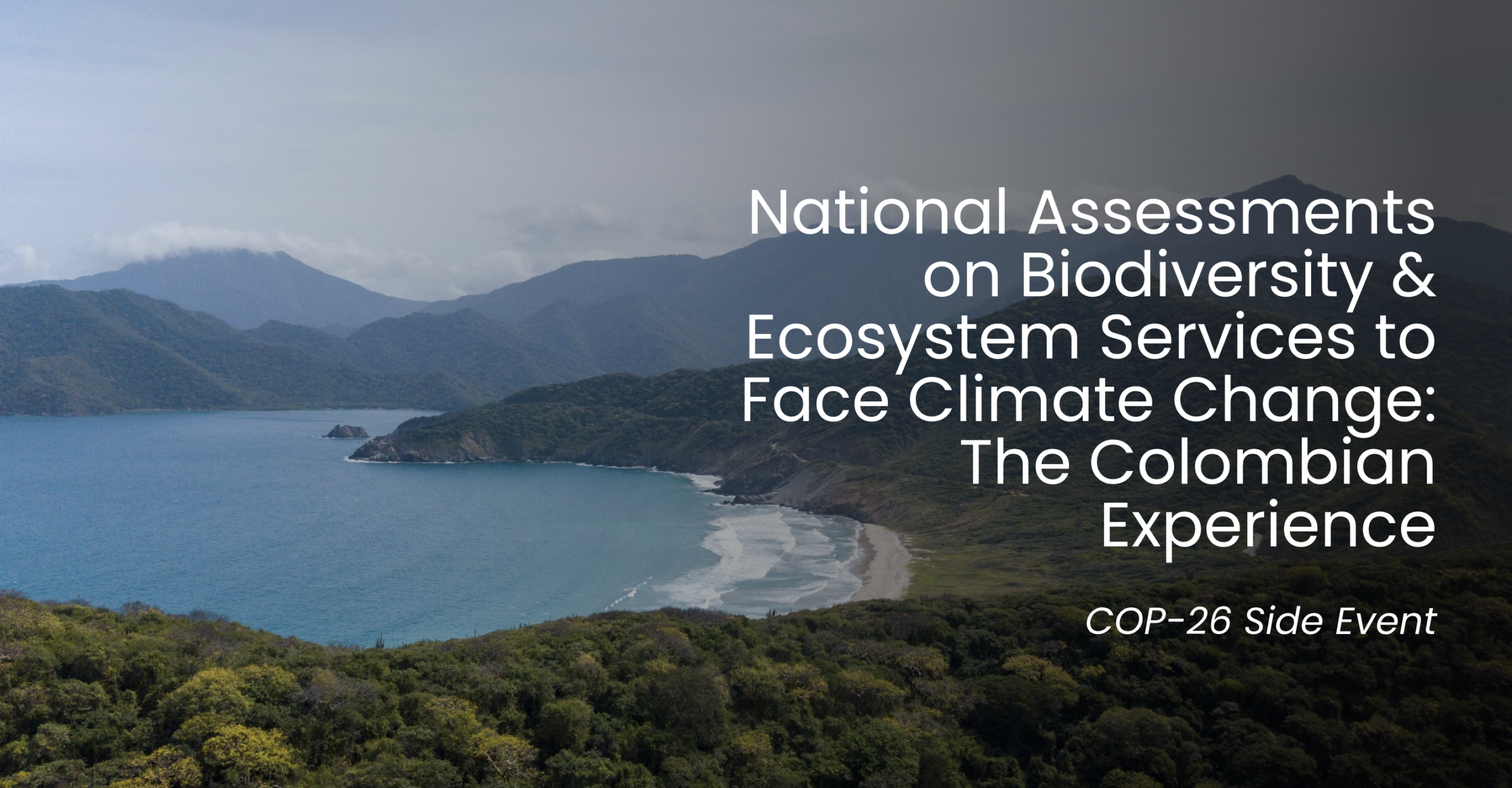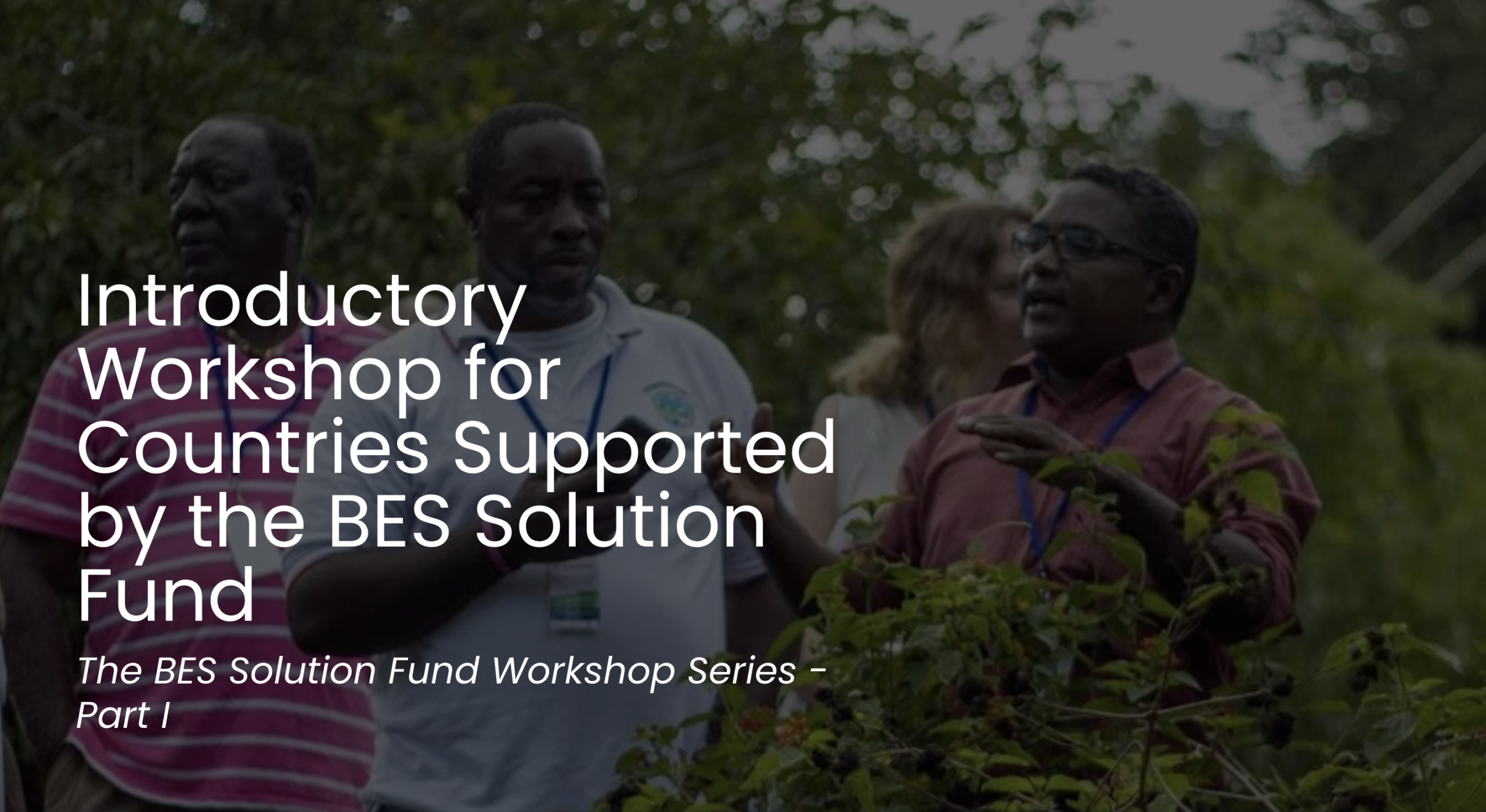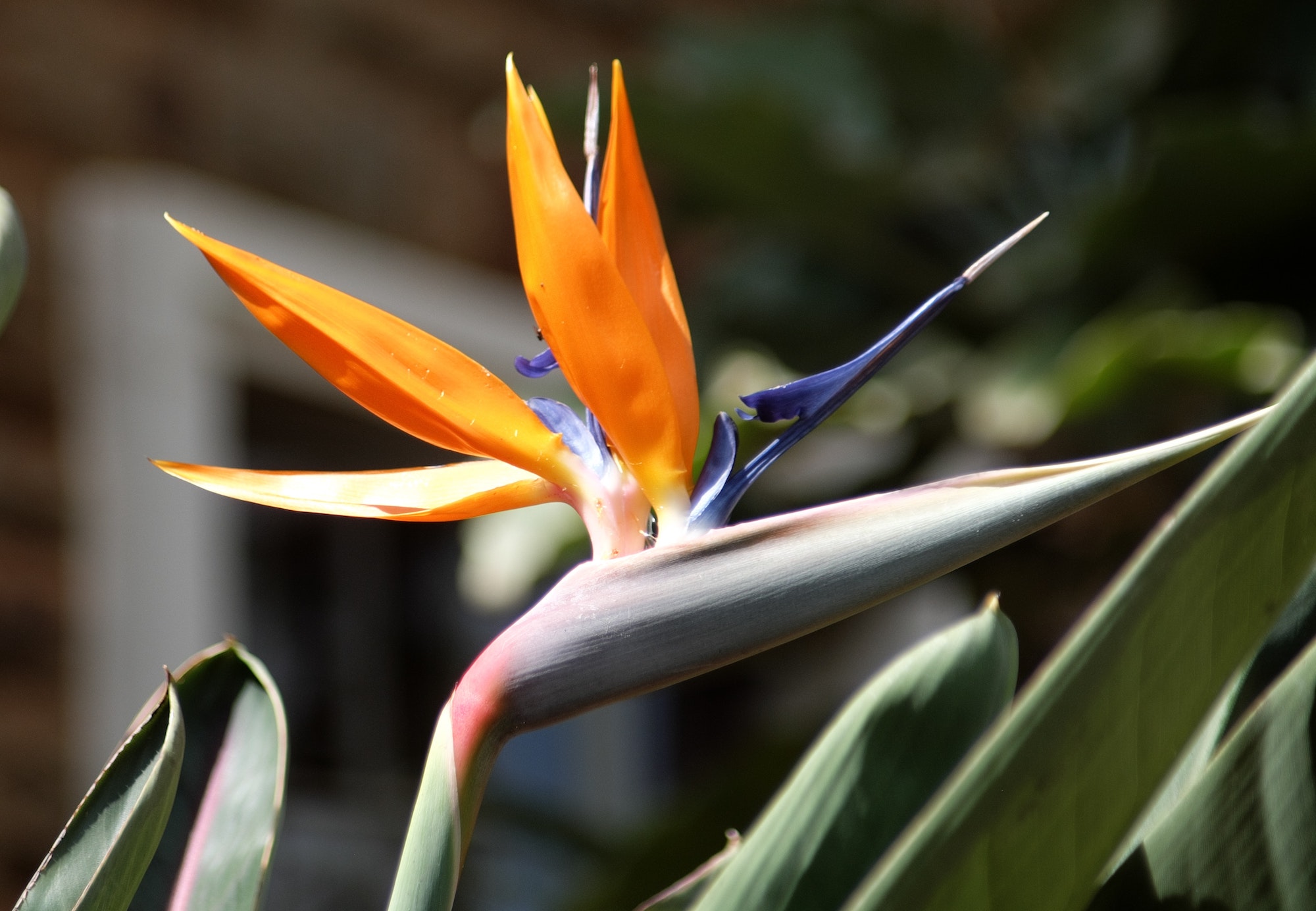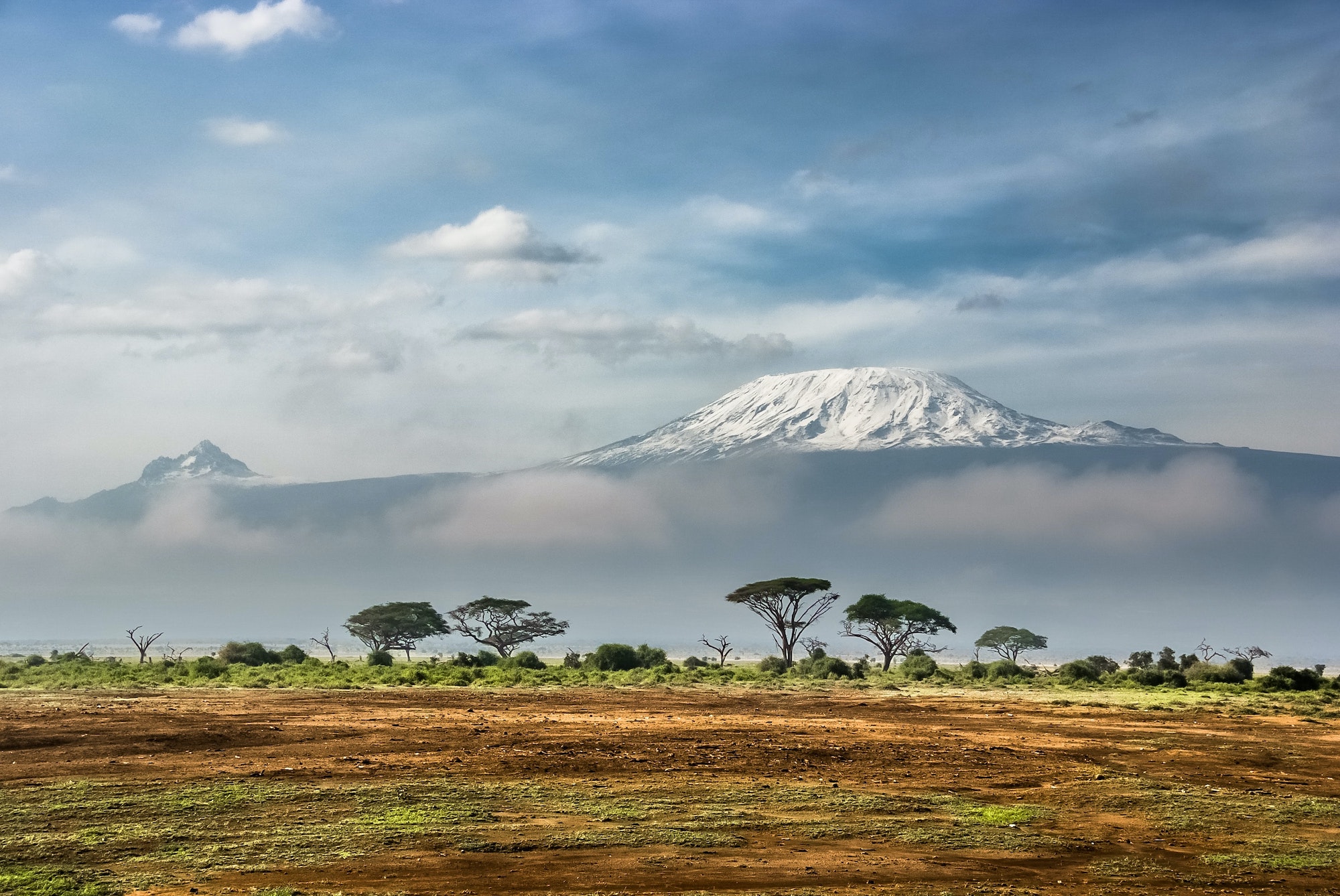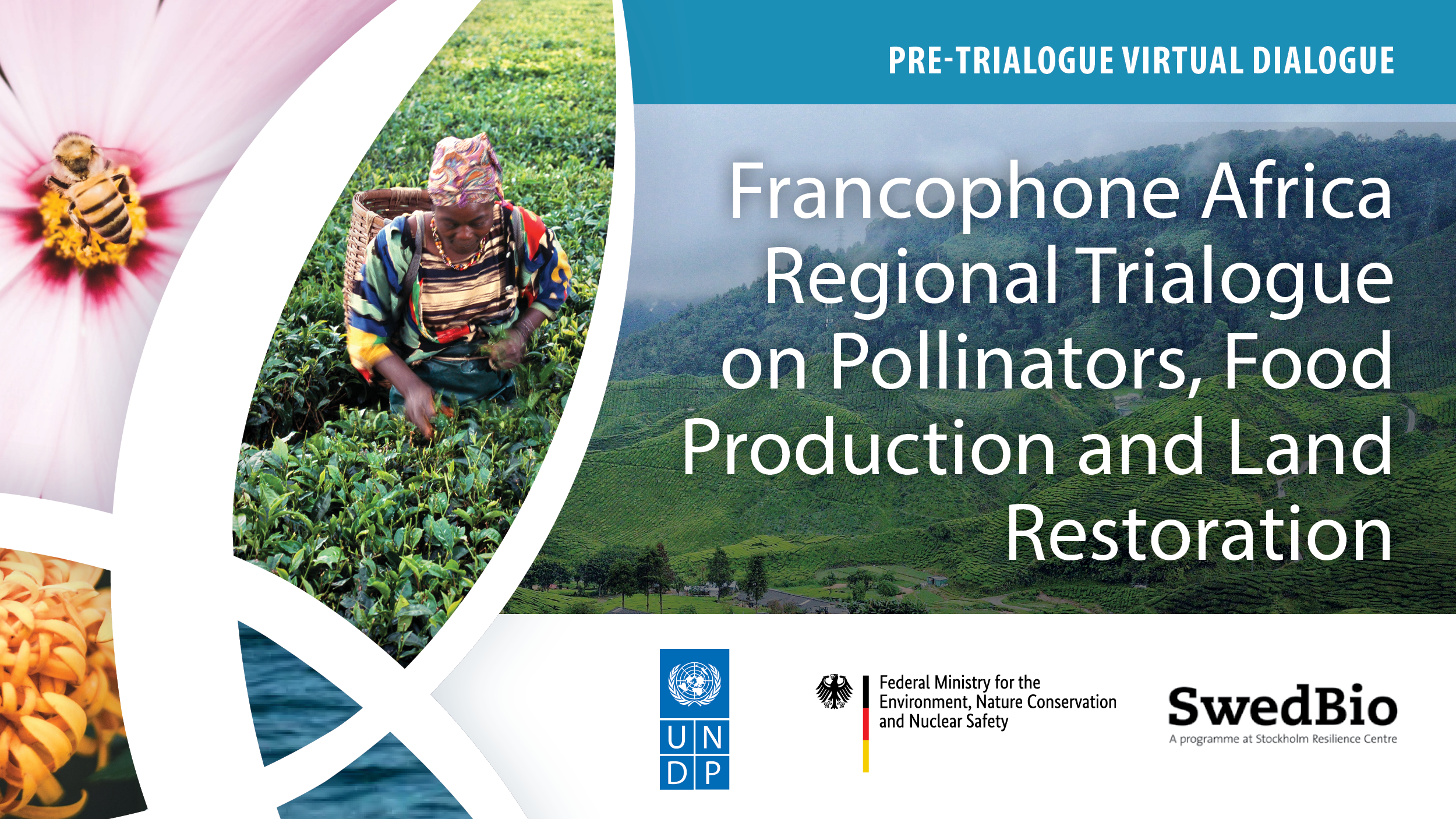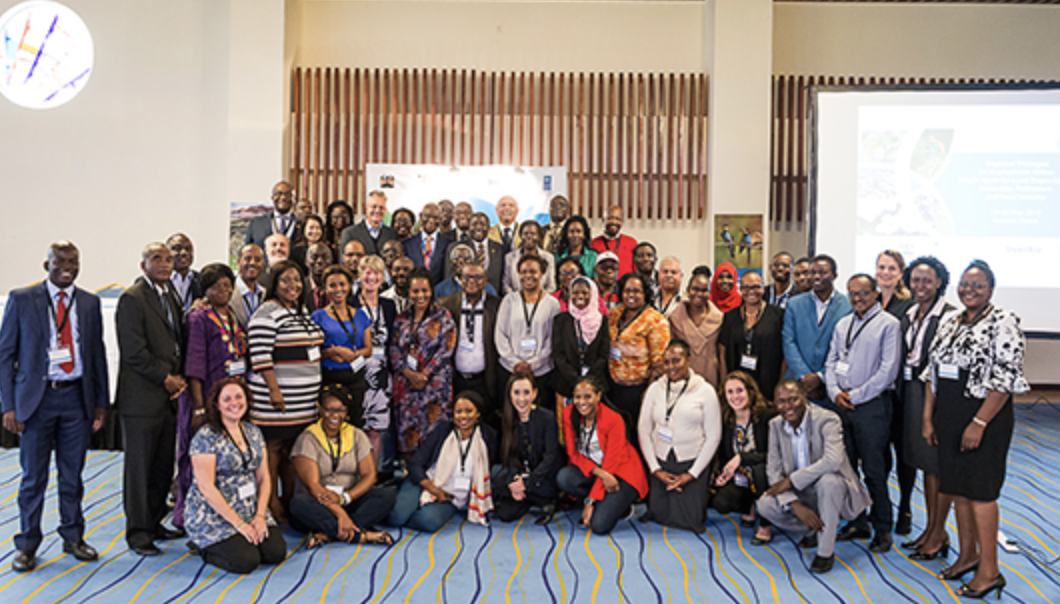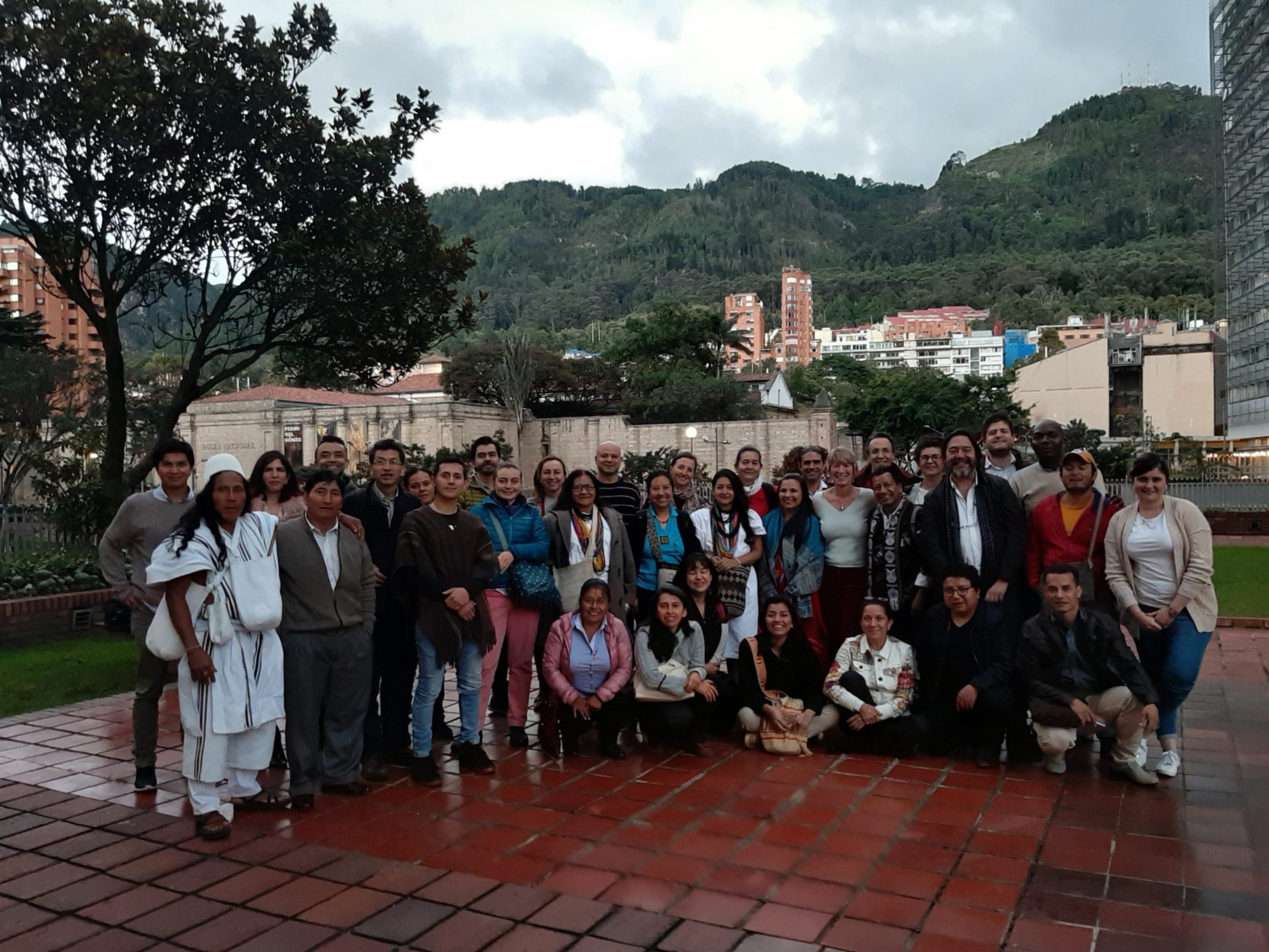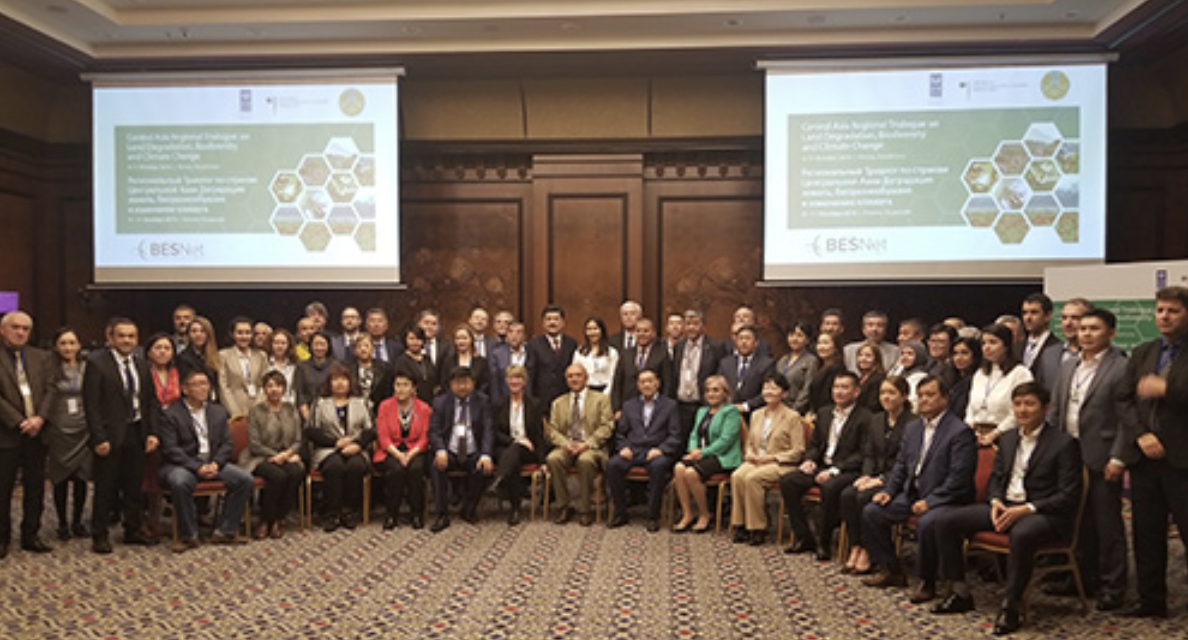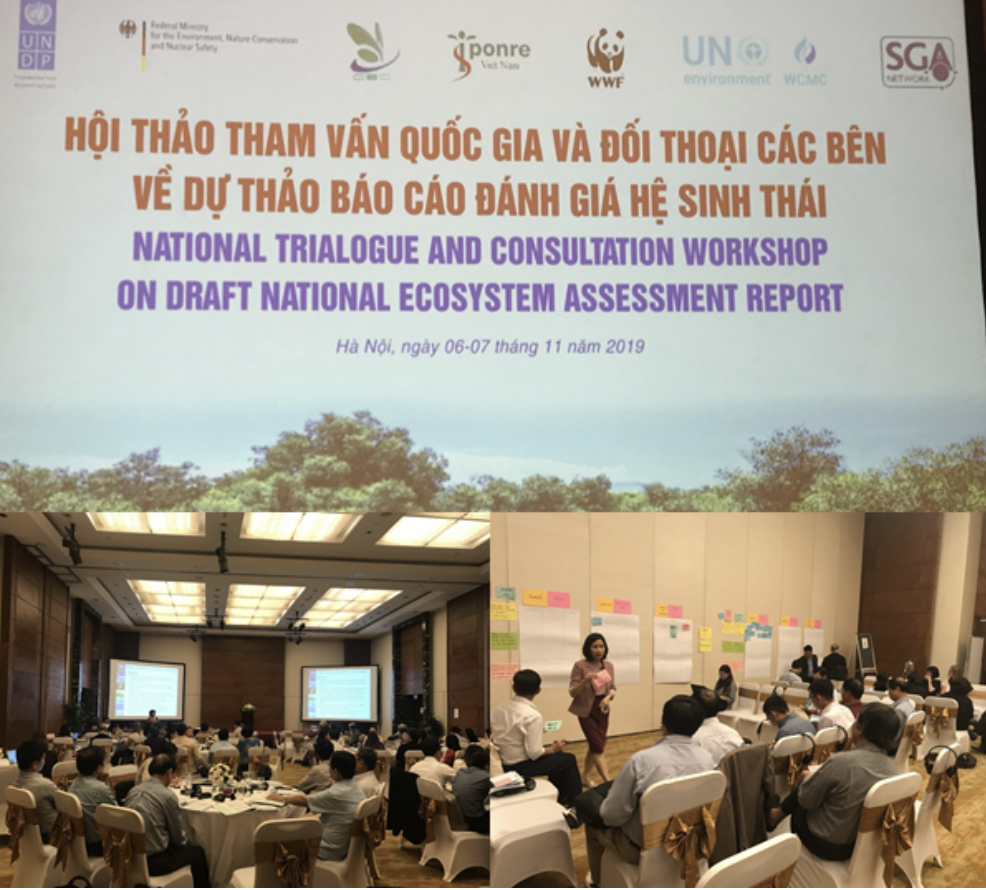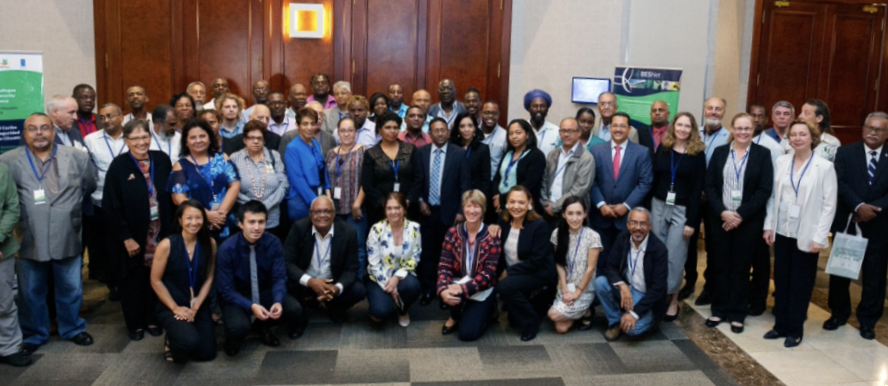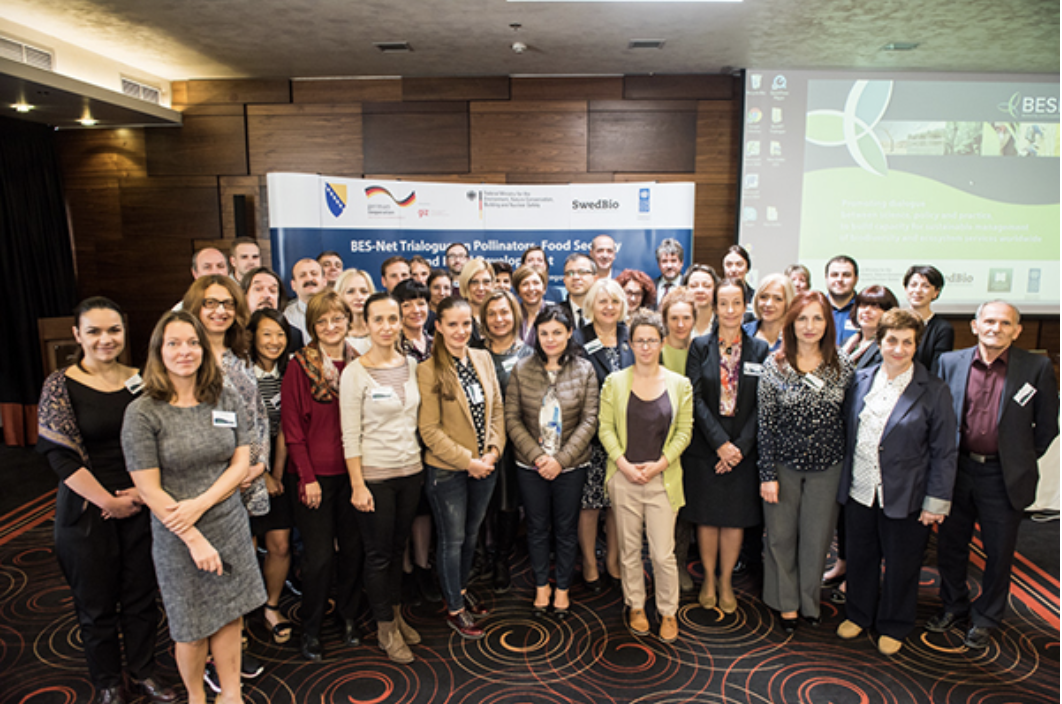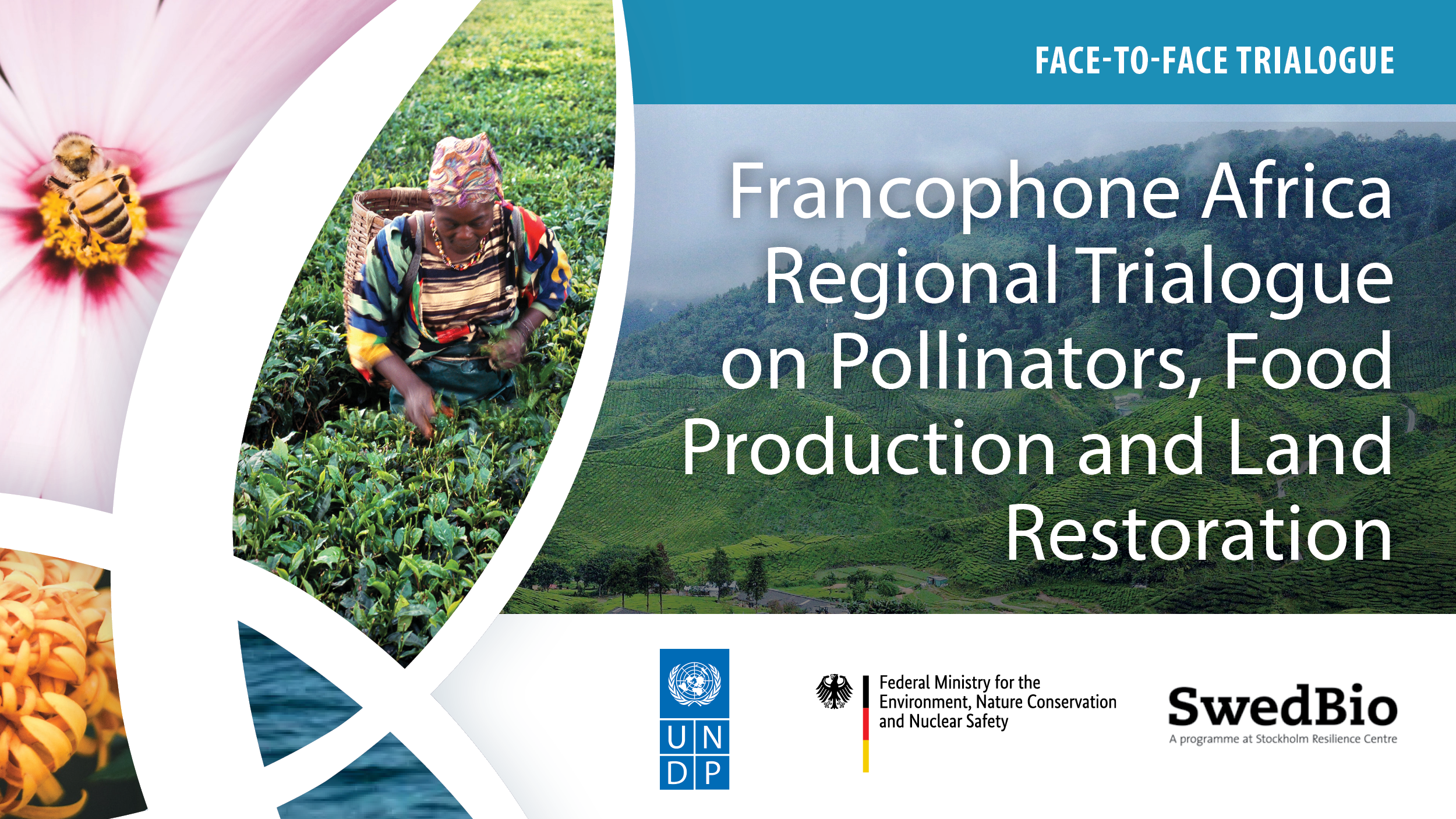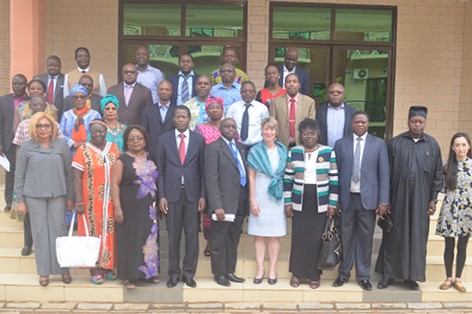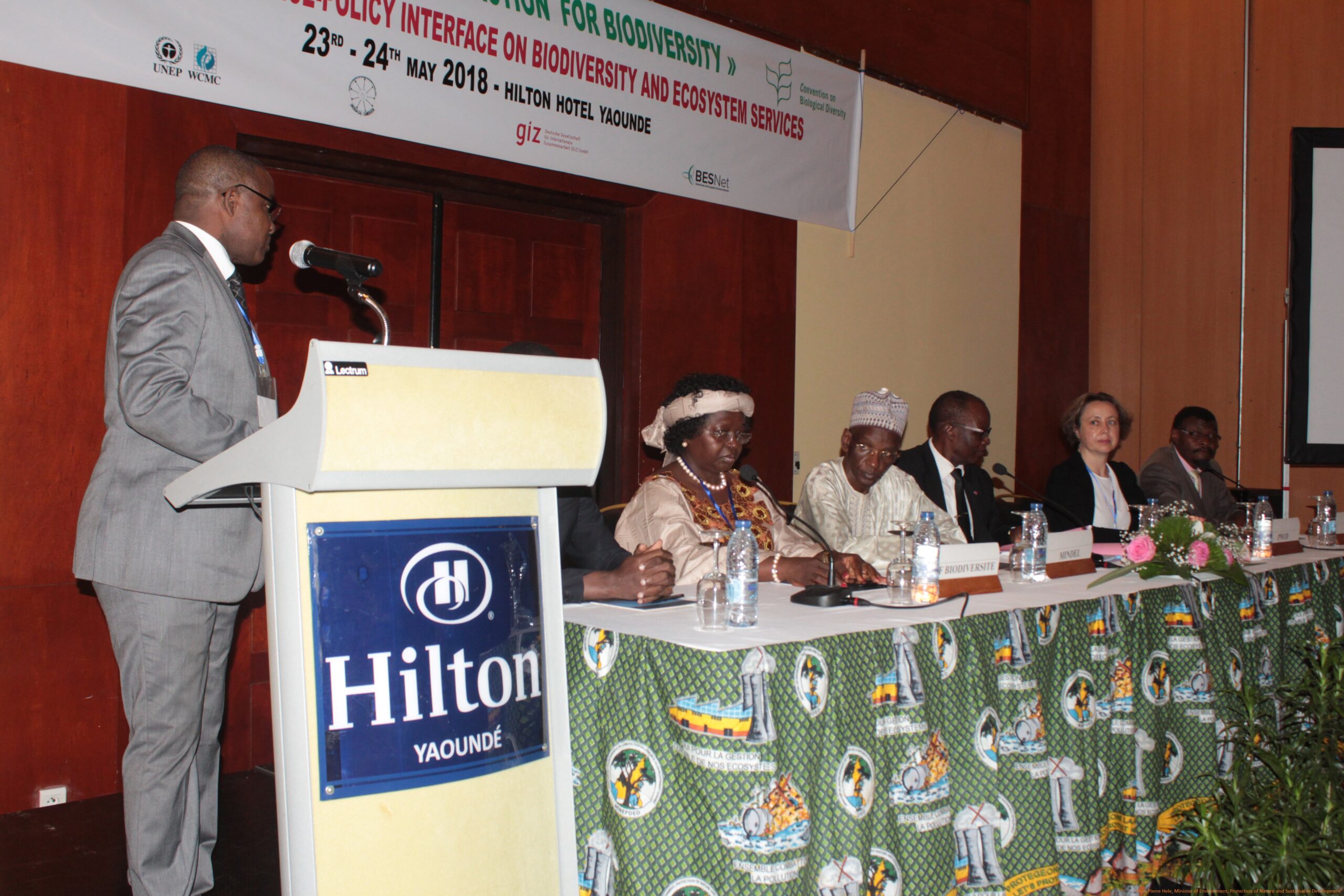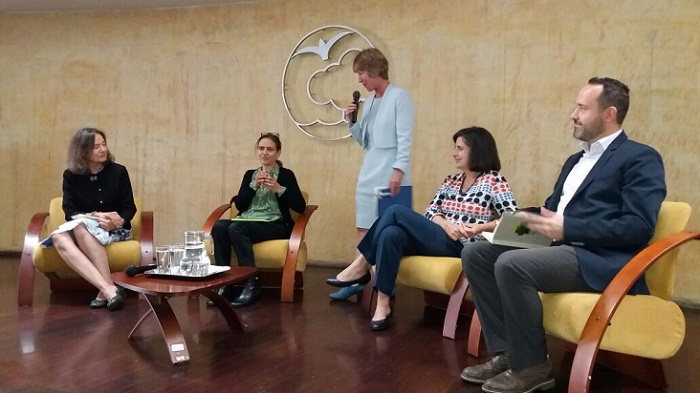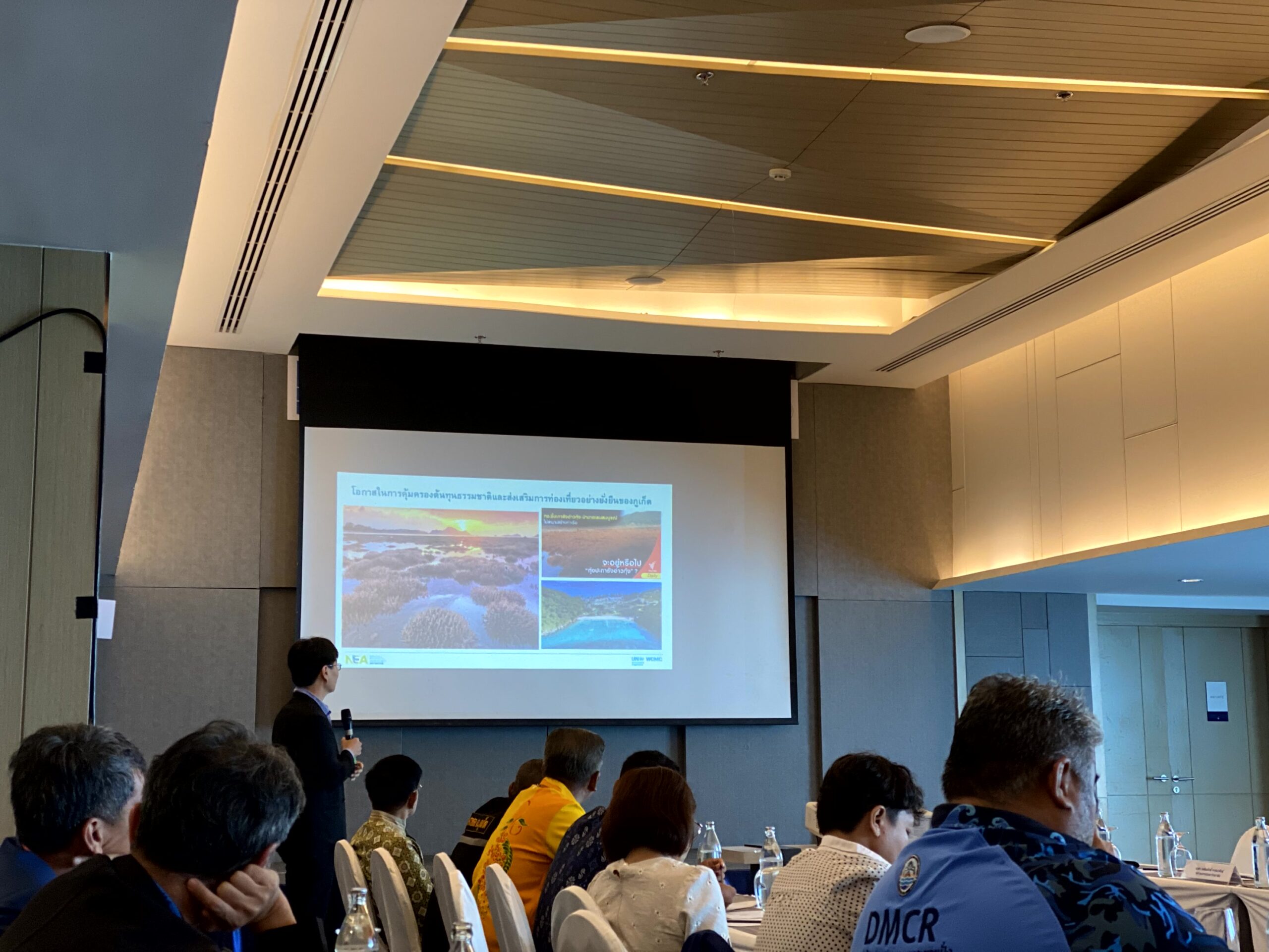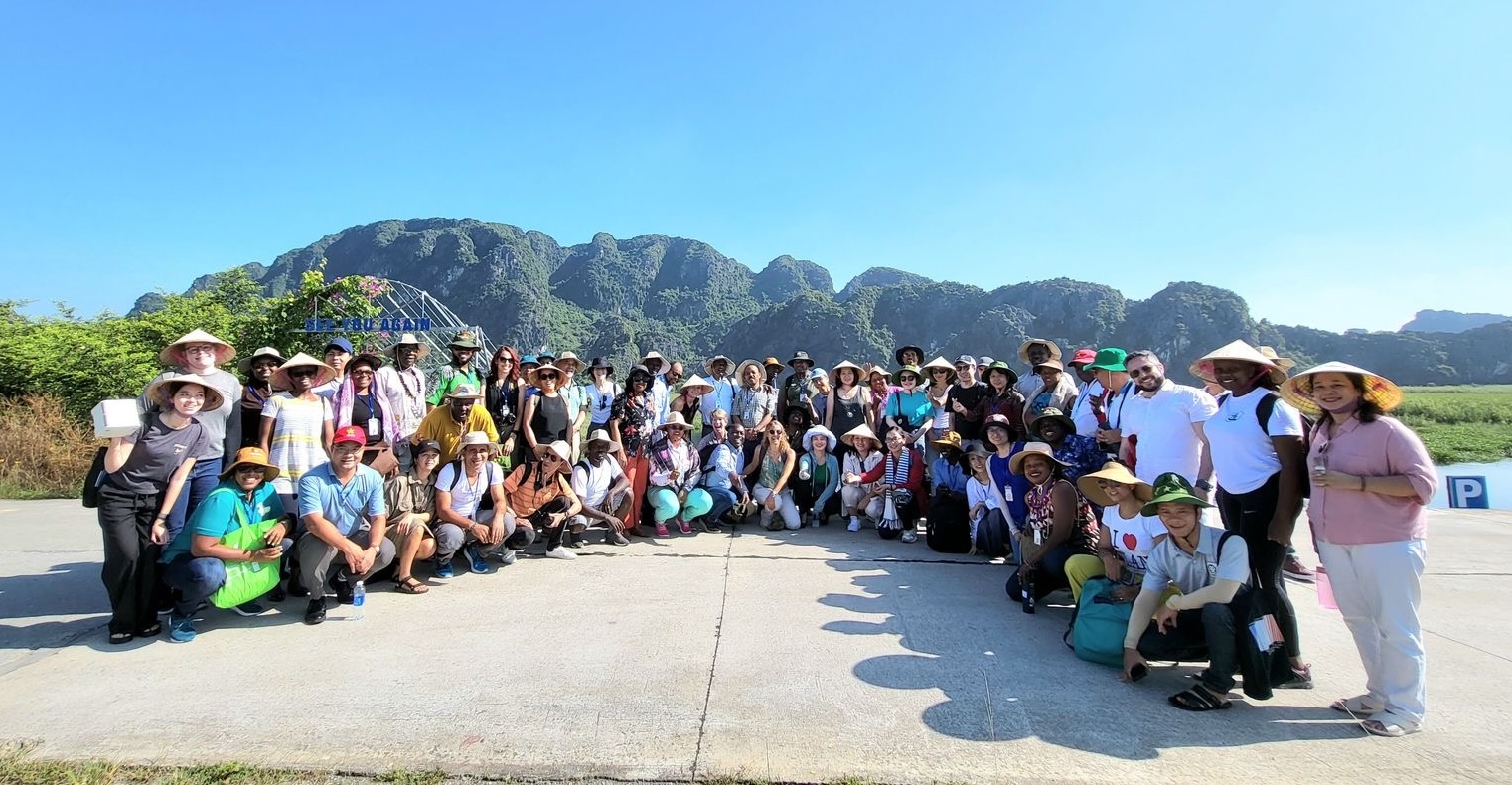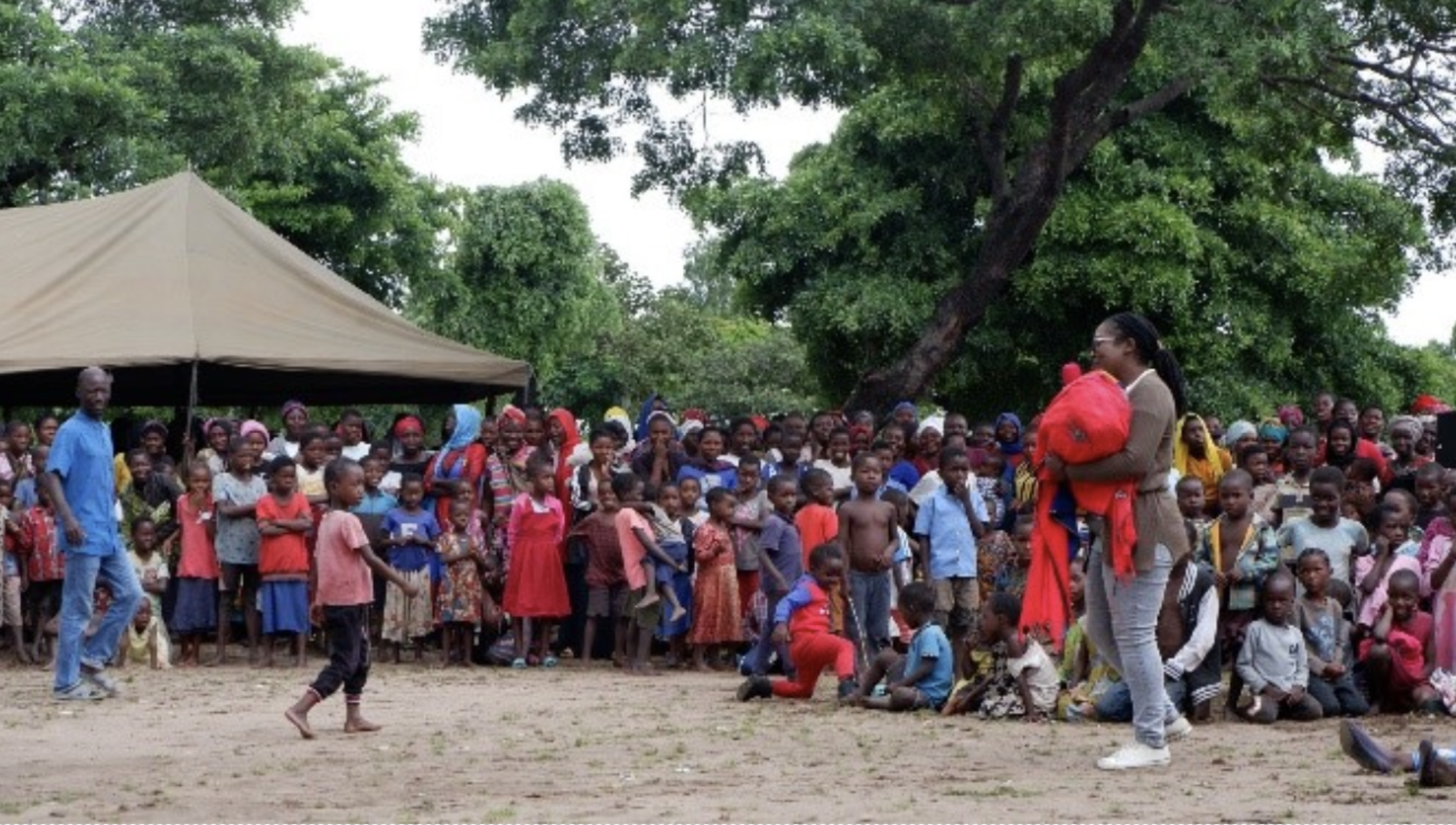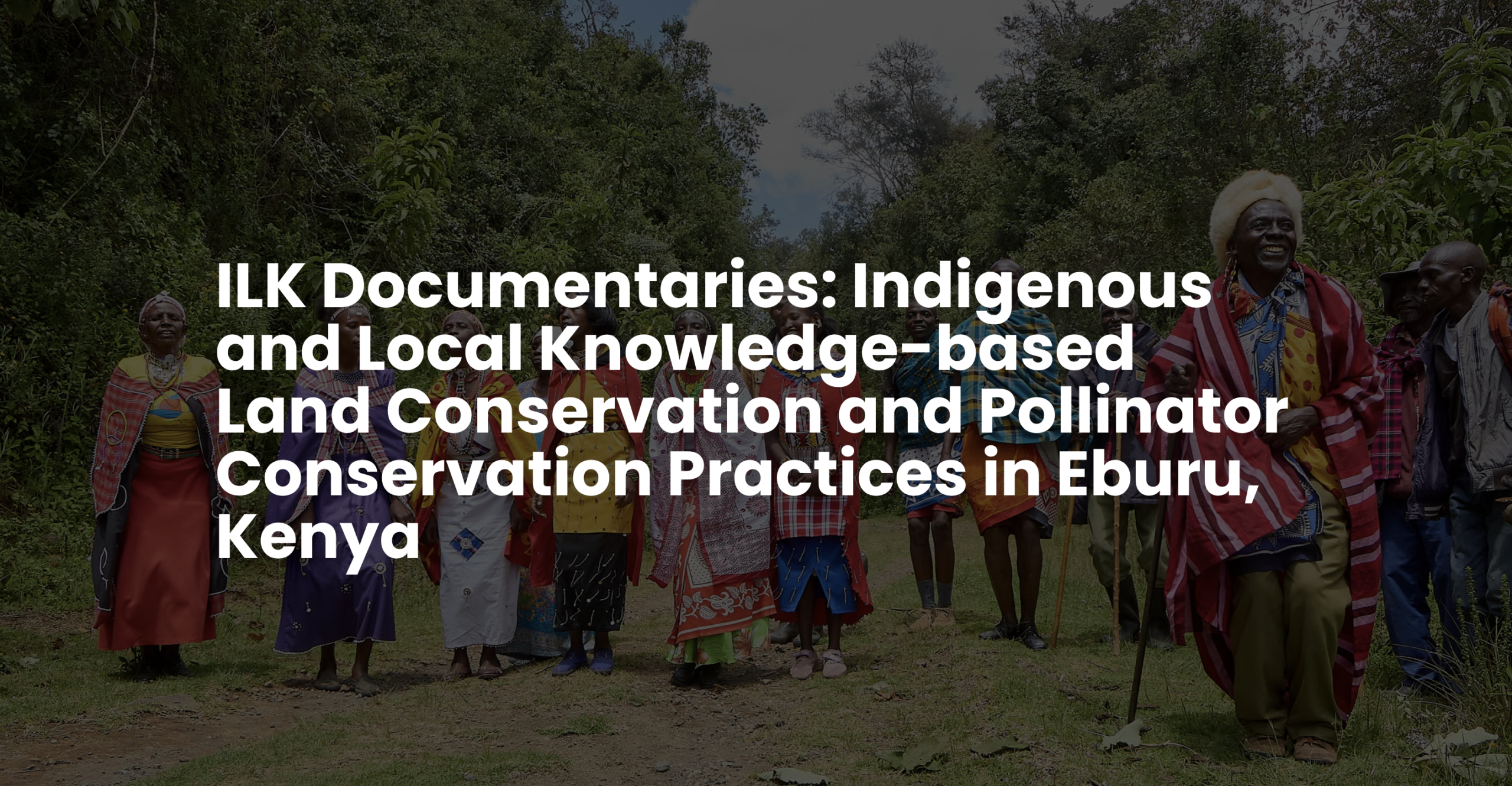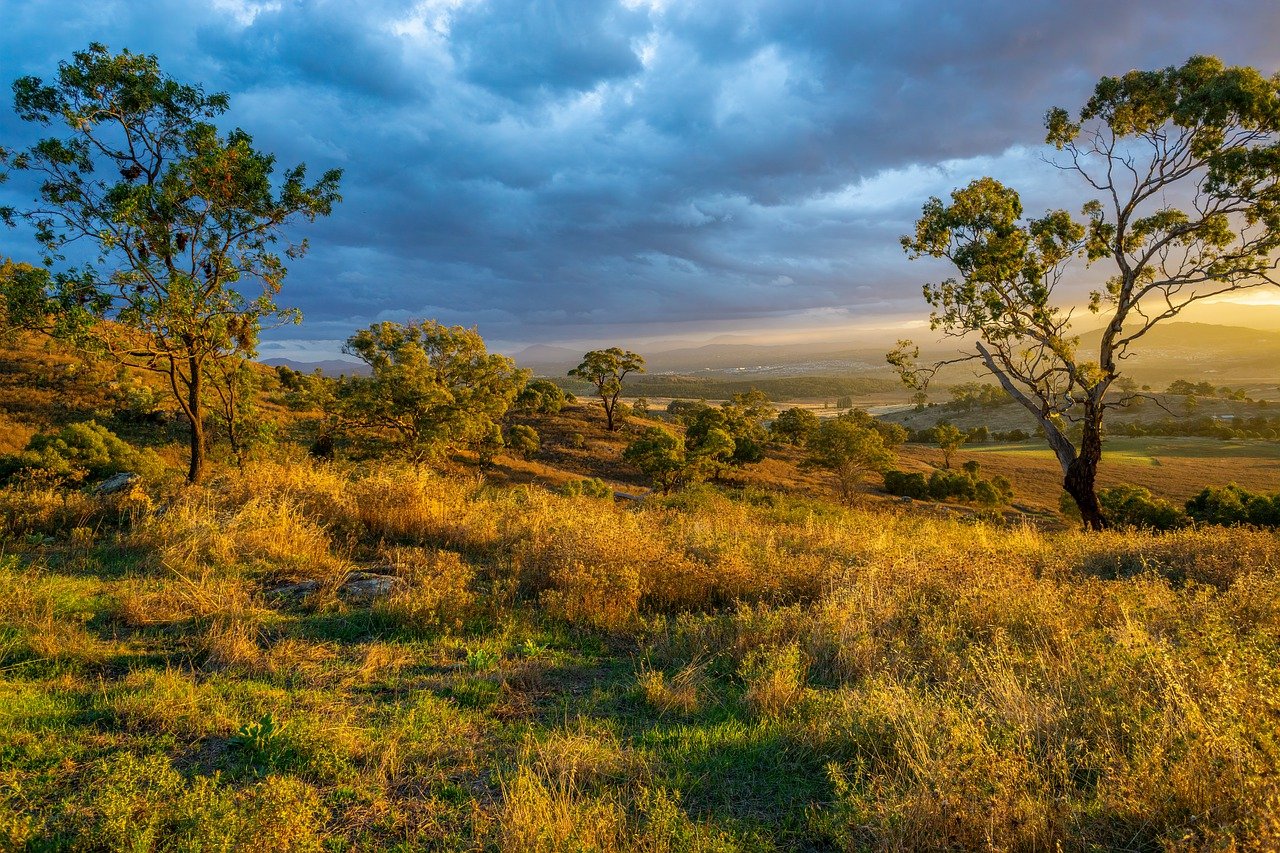Ethiopia National Trialogue 2021
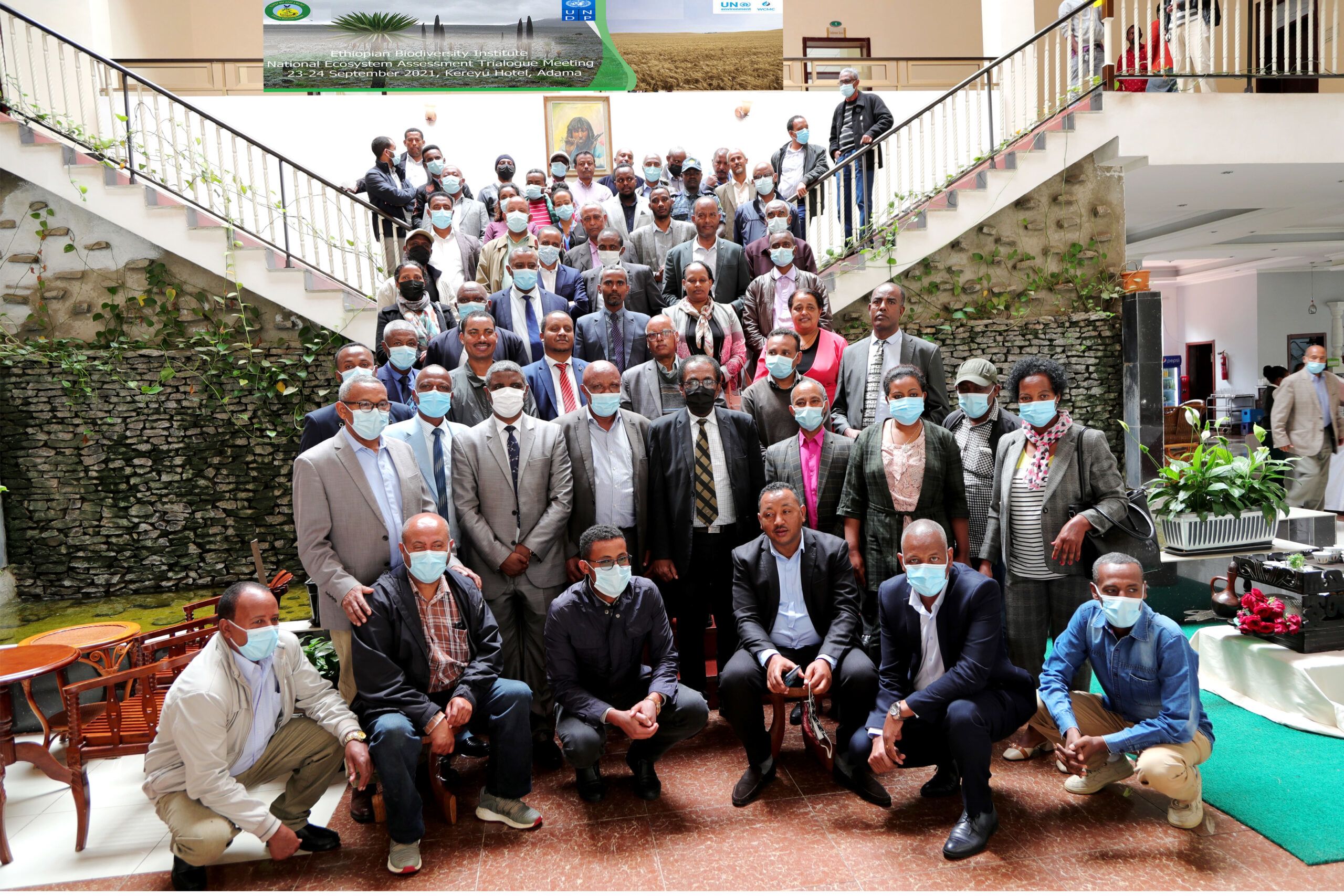
Ethiopia is a megadiverse country with a unique mosaic of 10 vital ecosystems, ranging from Afro-alpine mountainous regions to desert and semi-desert scrublands. The country has recorded nearly 6,000 species of plants, 284 species of wild mammals and 861 species of birds. It has long been known to be the epicentre of crops, such as coffee, teff, durum wheat, barley and more. Agriculture overwhelmingly drives the Ethiopian economy, employing nearly 75% of the population and contributing to 80% of the country’s exports.
Yet, against the backdrop of growing economic development, precious natural resources are threatened by unsustainable land use, overexploitation, invasive alien species, pollution and climate change. Ethiopia’s own long-term vision clearly outlines a role for biodiversity conservation. Nearly 30% of the country’s long-term development plan is composed of large-scale projects and programmes that have some considerations on biodiversity and natural resources.
Led by the Ethiopian Biodiversity Institute and supported by BES-Net’s partners, the Trialogue aimed to create an inclusive and safe space for participants to examine the national ecosystem assessment and its policy impacts. The assessment played a critical role in providing a robust foundation of the most relevant, credible and legitimate evidence on the state of biodiversity and ecosystems in the country.
Having begun in 2017, the assessment established a common knowledge base examining the status, trends and pressures to biodiversity, the contribution of biodiversity to the economy and the impacts of various ongoing biodiversity and ecosystem-related policies and interventions. The Trialogue also reiterated one of the assessment’s key aims of understanding the state of awareness among policymakers, members of the scientific community, practitioners and media and the role of community knowledge in shaping conservation efforts in the country.
Led by the Ethiopian Biodiversity Institute and supported by BES-Net’s partners, the Trialogue aimed to create an inclusive and safe space for participants to examine the national ecosystem assessment and its policy impacts. The assessment played a critical role in providing a robust foundation of the most relevant, credible and legitimate evidence on the state of biodiversity and ecosystems in the country.
Having begun in 2017, the assessment established a common knowledge base examining the status, trends and pressures to biodiversity, the contribution of biodiversity to the economy and the impacts of various ongoing biodiversity and ecosystem-related policies and interventions. The Trialogue also reiterated one of the assessment’s key aims of understanding the state of awareness among policymakers, members of the scientific community, practitioners and media and the role of community knowledge in shaping conservation efforts in the country.


